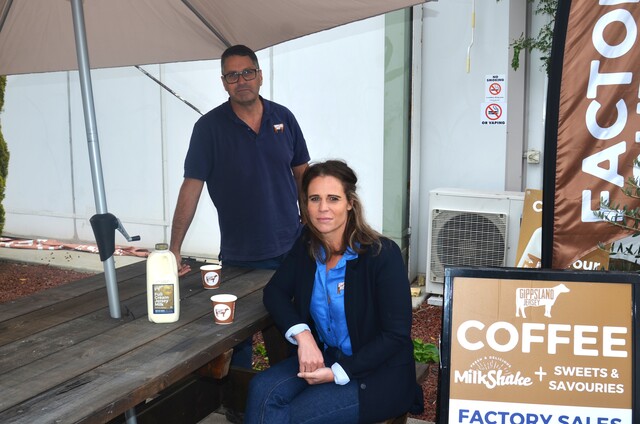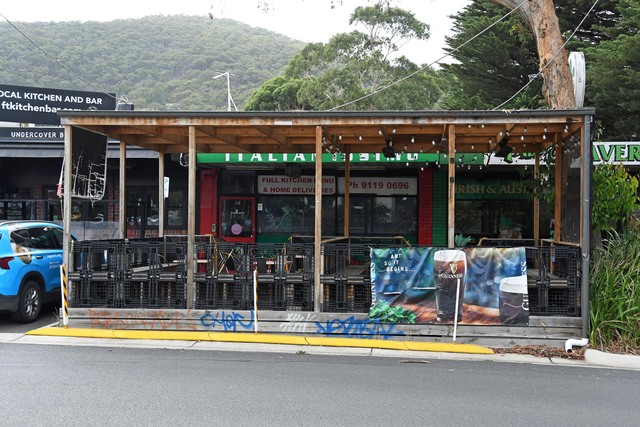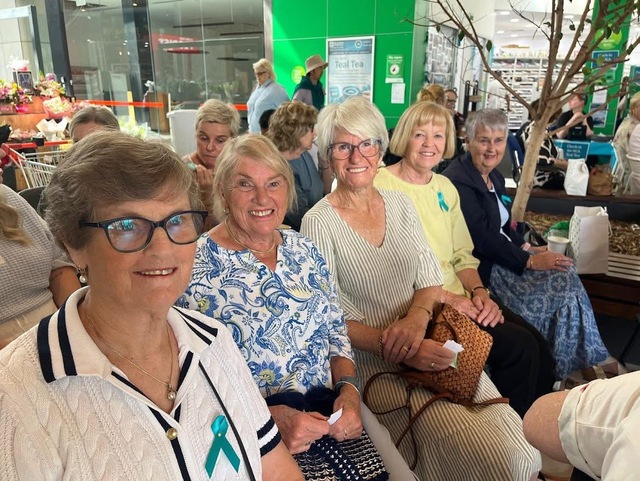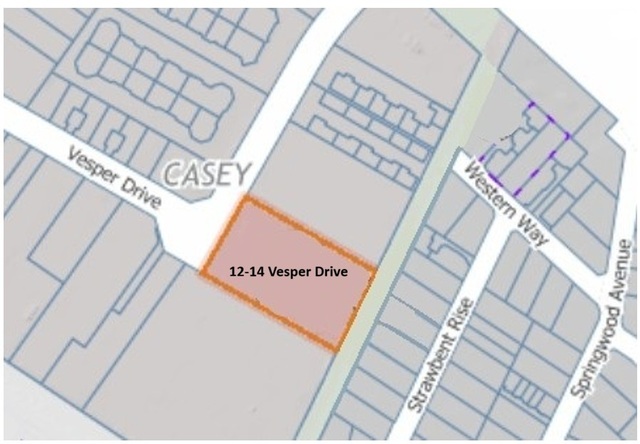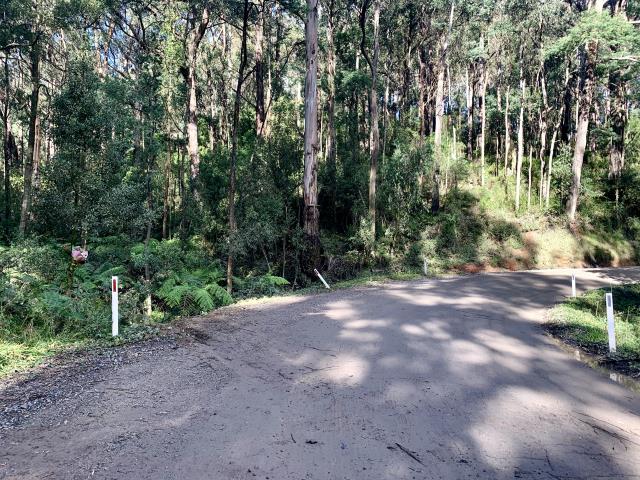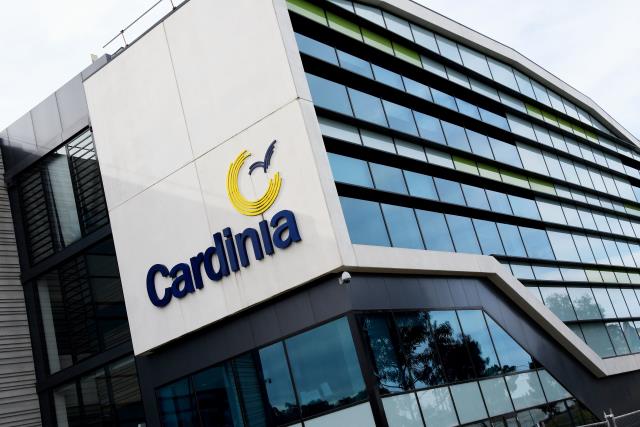A new Government report on supermarkets has renewed scrutiny of Coles and Woolworths, prompting a local milk producer who has fallen victim to their dominance to say it’s now time to “play fair.”
The Australian Competition and Consumer Commission released the final report of their probe into the country’s supermarket industry which has seen significant criticism toward Coles and Woolworths amid increasing prices over the last several years.
The report starts by declaring the two grocery chains “dominate” the industry and that they are “set to continue” as they collectively hold just under 70 per cent of the market.
As prices have “increased rapidly” over the last five years, the report says Coles and Woolworths have made an “oligopolistic market” where there is “limited incentive” to compete on price.
This goes for both the consumer and the supplier, for the latter, the ACCC described the grocery chains as having a “monopsony power” whereby their dominant position as a buyer affects the larger market.
Pakenham’s Gippsland Jersey has become a notable local business, not only for their award-winning milk but for their recent conflict with Coles and their willingness to not be quiet about it.
The supermarket chain abruptly pulled Gippsland Jersey’s products from over 60 of its stores in 2024 after the milk producer rejected a deal from Coles that would have seen them “out of business”.
While many have their focus on price rises at checkout, the price of Coles’ home-brand milk has stayed stable and many wouldn’t say this is fair – particularly suppliers.
Coles wanted a 30 per cent slice of Gippsland Jersey sales and to co-owners Steve Ronalds and Sallie Jones this was them being forced to offset the losses on homebrand milk.
“They’re open about it that they make no money off that,” Ronalds said.
“So that means that the brands like us, little mum and dad businesses are subsidising those.”
A spokesperson for Coles said they purchase milk from more than 70 farms in Victoria and their model offers fair, competitive and guaranteed farm gate prices.
“We highly value our long-standing relationships with Australian dairy farmers, including small producers. We support independent and local producers with continued focus on offering a wide range of supplier brands for customers to choose from in each state,“ the spokesperson said.
“In Victoria, we offer more than 80 different types of fresh white drinking milk that includes our Coles Brand milk as well as milk from small suppliers and regional brands, such as Gippsland Jersey. These products offer a range of price points to offer our customers with choice for what suits their budget and family.
“Like all products at Coles, annually we review our fresh white milk range and Coles Brand milk is subject to the same performance assessment, under the same financial and non-financial metrics, as proprietary brands.“
Amid a cost-of-living crisis, milk was one product that Coles and Woolworths dropped the price of in 2024.
Yet, the move sparked concerns of another ‘milk war’ of 2016. Gippsland Jersey is well aware of the cost of living but only says that with the big supermarkets, the burden is always offset.
“It’s the staples, predominantly bread and milk,” Steve said.
“They use it as a tool to drag people in and make profit in other places.”
At the turn of the century, there were over 7000 dairy businesses in Victoria, now there are less than 3000 – due to varying reasons such as the deregulation of the industry and increasing productivity.
In that time, Coles moved into milk production in two sites in Victoria and New South Wales, this vertical consolidation was done with the authorisation of the ACCC.
“Over a dozen have closed in the last two and a half years and in just the last month two dairy processes have gone broke, one in Melbourne and one in Sydney,” Sallie said.
The result impacts farmers and the national industry as a whole. Gippsland Jersey is proudly made locally and they are outspoken about the multi-national consolidation.
Two of the biggest dairy producers, Devondale and Pauls, are Canadian-owned and French-owned, respectively.
Keeping homebrand milk cheap while the prices go up elsewhere is two sides of the same coin to Sallie and Steve, where both consumers and suppliers are disadvantaged.
“Honestly, the call to action is for the supermarkets to play fair,” Sallie said.

